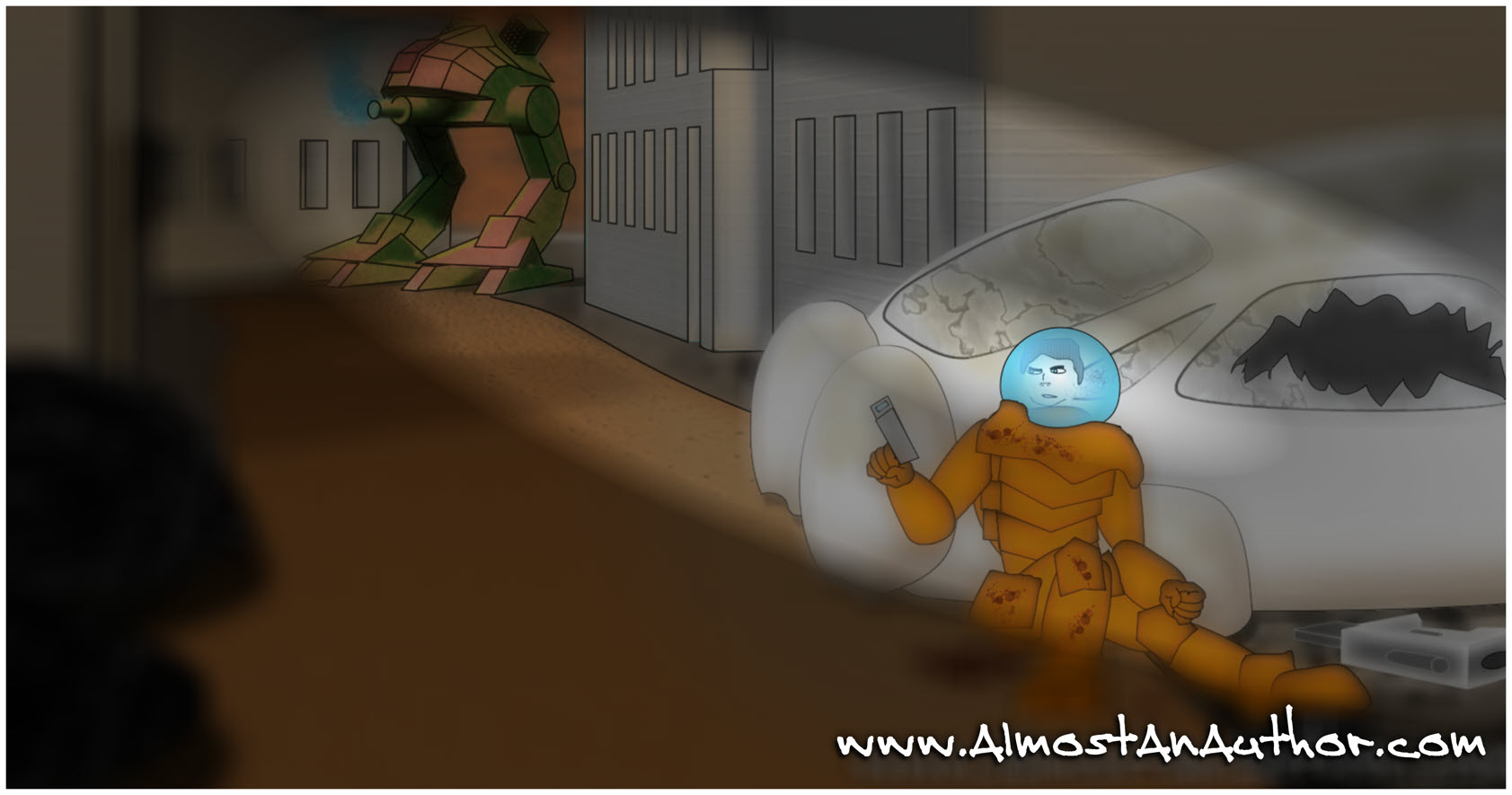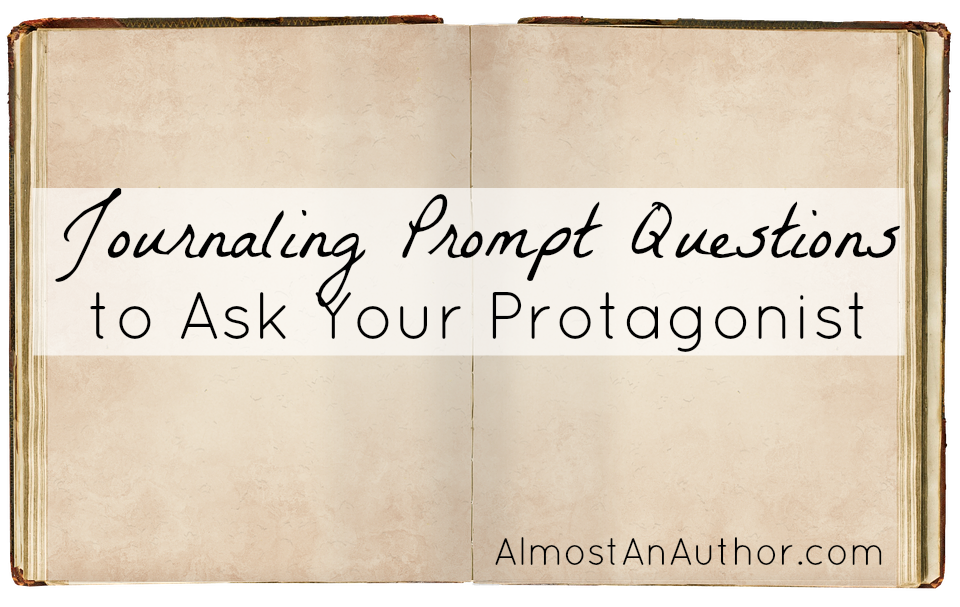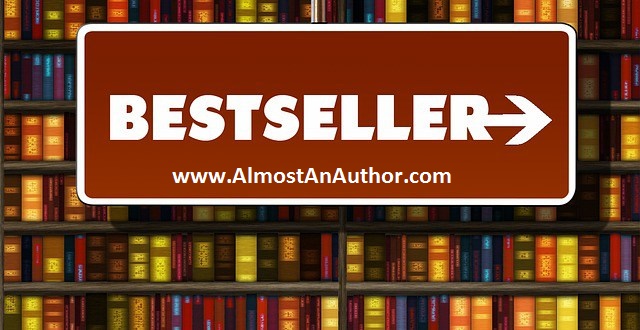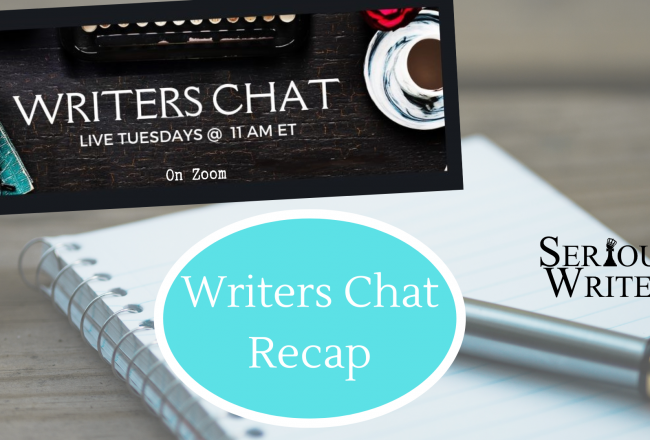
How to Organize Your Illustrations (So You Can Find them When You Need Them)
You’re reading the newspaper when a story grabs your attention. It would be a great illustration or lead in…
November 13, 2016
You’re reading the newspaper when a story grabs your attention. It would be a great illustration or lead in…
November 13, 2016
How do you write your magazine article? Let’s explore the details in this article. As a long-time journalist…
November 12, 2016
The Bible is the perfect place to learn poetry. Hebrew poetry makes up approximately one-half (depending on the translation)…
November 11, 2016
The carbine was still jammed and Jim couldn’t do anything to fix it. He finally tossed it aside and…
November 9, 2016
Sometimes, we writers can become so focused on writing an enticing, hard-to-put-down plot that we neglect one of the…
November 8, 2016
The writing journey is not a smooth, easy ride. There will be setbacks, failures, doubts, and frustrations along the…
November 8, 2016
Elaine Marie Cooper With six simple words, a writer friend completely changed my perspective: “You have had a great…
November 7, 2016
“Mama, today I learned that Jesus used magic to heal the lame man!” My five-year-old daughter bounced on her…
November 6, 2016
When I watch a talk show or news program, I appreciate a good transition. That’s all the time we…
November 5, 2016
I’ve been part of the publishing industry for many years, but today is a dream come true for me.…
November 4, 2016
One particular corner in our home will be missed once we move to the country. That would be my…
November 4, 2016
Writers can walk through life with our eyes wide open. Poet Robert Frost said, “How many things have to…
November 3, 2016by Judith Robl National Novel Writing Month has always been a dilemma for me. I would love to be…
November 3, 2016
Almost an Author welcomes Tim Long to the A3 family. He is the new columnist for Screenwriting. There is…
November 2, 2016
Can you share a little about your recent book Young lawyer Parker House’s career is on the rise –…
November 2, 2016In The Witnesses, Robert Whitlow masterfully weaves an intriguing and suspenseful tale of two men bound both by blood…
November 1, 2016
Twice in the last year, my husband and I have made the trip from Denver to Grand Junction, Colorado.…
October 28, 2016
Getting published traditionally is difficult. Small publishers are more likely to accept a manuscript from a previously unpublished author,…
October 28, 2016
I still remember the day my fiction-writing teacher made it clear that he was not happy with me. However,…
October 28, 2016
Tackling a writing project can be a battle—a hard-fought conflict with procrastination, fear, insecurity, and self-discipline. We’ve all authored…
October 23, 2016
I watched a movie set in the 1800s recently where a child said, “Cool!” He didn’t refer to the…
October 21, 2016
The E’s of writing for children does not equate with ease of writing for children, but includes elements to…
October 20, 2016
I struggle when it comes to writing descriptions of character emotions. I know better than to simply tell the…
October 19, 2016
Earlier this week I wrote a post for my own blog and was reminded about two things: the difference…
October 18, 2016
Most Recent Book: My most recent book is A Mary Like Me: Flawed yet Called (Leafwood, 2016). It’s a…
October 15, 2016




